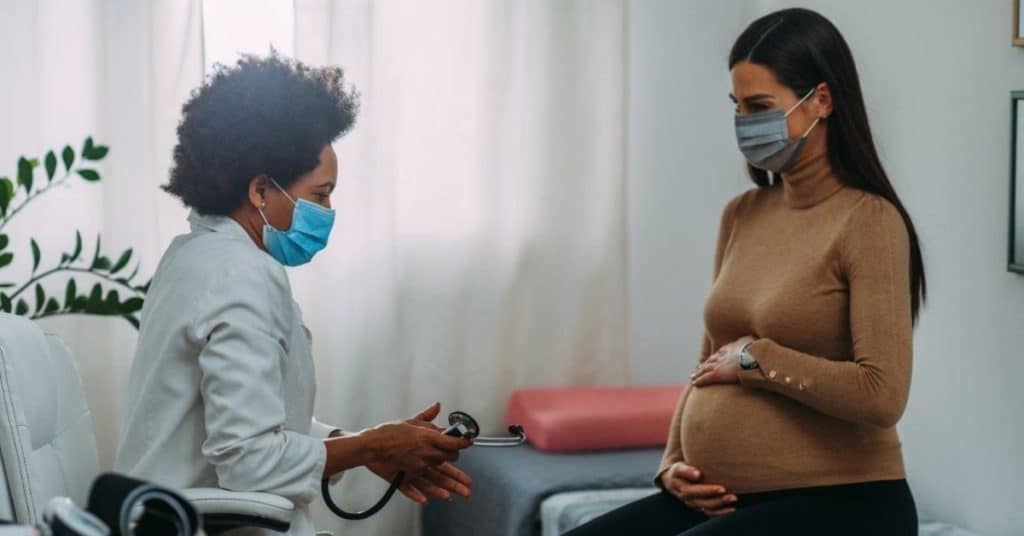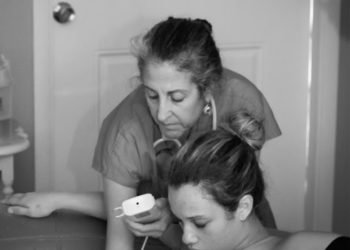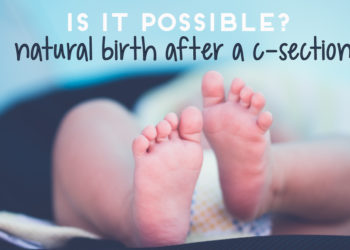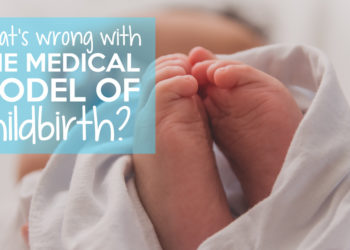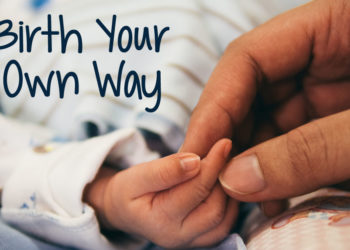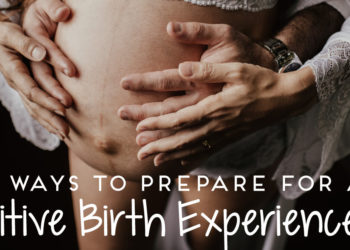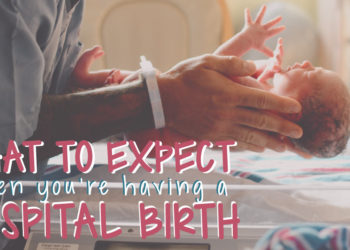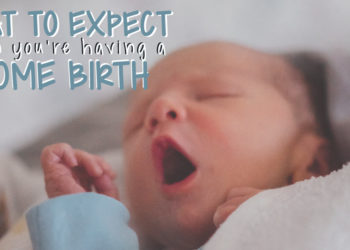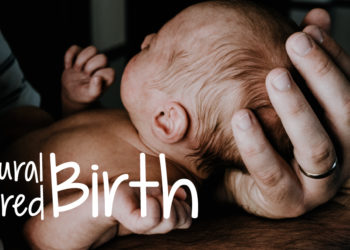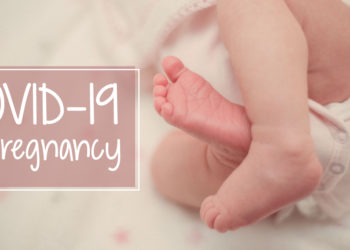Uterine fibroids (also known as leiomyomas or myomas) are muscular tumors (also called growths) that can appear in women during their reproductive years. These fibroids are almost always non-cancerous (benign).
They are rarely known to develop into cancer, and only a few women know they have them. This is due to many women not noticing any symptoms and are often only discovered by an incident when a health care provider performs a prenatal ultrasound or pelvic exam.
Sometimes, fibroids can make it challenging for women to get pregnant or maintain their pregnancy, as the tumors can cause pain or abnormal bleeding from the uterus. This article will further explain what uterine fibroids are and how they can affect your pregnancy. As well as how to treat or prevent them from appearing.
About Uterine Fibroids
Fibroids come in different sizes and numbers. They can be so small that you can’t see them, and they can grow into bulky masses that can dilate the uterus. In rare cases, they can grow so big that they reach the rib cage, resulting in possible weight gain.
Every fibroid has its own growth pattern and can grow slowly, rapidly, or remain the same size. It is believed that fibroids develop from cells in the smooth muscular tissue of the uterus (myometrium). The cells can then divide multiple times, which can lead to firm, rubbery masses.
Fibroids may appear in the uterus when you are pregnant, as it changes their size and shape during the whole pregnancy. After giving birth, the fibroids are most likely to disappear as the uterus contracts and shrinks to its standard size.
Symptoms of Uterine Fibroids
Most women will not detect any symptoms of fibroids in their uterus at all. However, some women may experience some uncomfortable or even painful symptoms such as:
- A feeling of being full or larger in the pelvic area (lower stomach)
- Frequent urination or difficulty with peeing
- Heavy bleeding during a period
- Bleeding in between periods
- Painful or longer periods
- Pain during sex
- Lower back or leg pain
- Constipation
Symptoms can be influenced by the number, size, and location of fibroids in the uterus.
Causes of Uterine Fibroids
It is not known for sure exactly what causes uterine fibroids. But, there is evidence from research and clinical experience suggesting that there are multiple factors that can play a role in the growth of fibroids, such as:
- Genetics (family history of women with uterine fibroids).
- Growth hormones.
- Estrogen and progesterone (the two female hormones that assist in developing the lining of the uterus when the body prepares for pregnancy).
- Micronutrients like the lack of vitamin D.
- ECM (extracellular matrix); The material that makes cells stick, which is increased in uterine fibroids.
- High amounts of stress.
Risk Factors of Having Uterine Fibroids
Fibroids are usually only found in women of reproductive age (12-51 years old). They typically develop at a younger age in African American women than Caucasian women. They can also grow bigger and cause more severe symptoms.
After menopause, research suggests that the fibroids may shrink – more often in Caucasian women than African America women.
The risk of women growing uterine fibroids includes several factors:
- Age (older women are at higher risk)
- Getting your period early
- African American race
- Diet (increased consumption of red meat and lower in green vegetables, fruit, and dairy)
- Drinking alcohol
- Food additive consumption
- Use of soybean milk
- Vitamin D deficiency
- Being heavily overweight (obesity)
- Family history of uterine fibroids
- High blood pressure
- No history of pregnancy
Uterine fibroids usually don’t hinder women from getting pregnant. But it is possible that they could cause infertility or pregnancy loss. This is usually only caused by submucosal fibroids (which are the least common type).
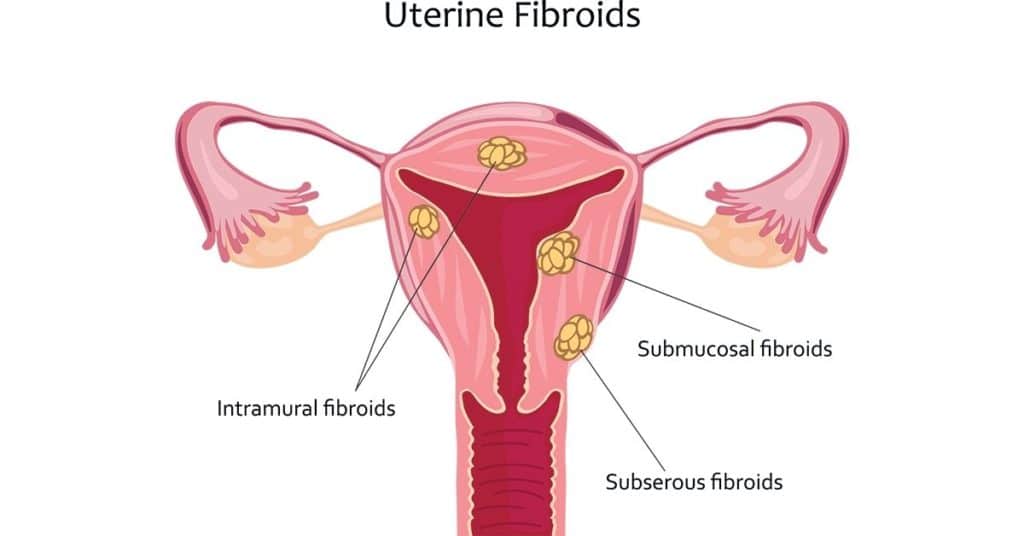
Complications with Pregnancy
If you have fibroids and are pregnant, you are more likely to face certain complications during your pregnancy and childbirth. This may include, but is not limited to:
- Fail in labor progress.
- C-section delivery: If you have uterine fibroids, you are six times more at risk of needing a c-section when you are about to give birth.
- Breech birth: When the baby is in a position to descend bottom first instead of head first. Medical professionals will often consider this a high risk for a natural birth; however, with proper monitoring and birth assistance, there is no difference.
- Placental abruption: Before labor, the placenta breaks away from the uterus wall. If this happens, the fetus does not get enough oxygen.
- Fetal growth restriction (FGR): a condition where the unborn baby (fetus) is smaller than expected.
- Early childbirth (delivery before 37 weeks of pregnancy).
However, this doesn’t mean there will be any problems, as most women with fibroids don’t experience any.
Do You Need Treatment?
It may not be the case that you need treatment if you have uterine fibroids and don’t have any symptoms or problems. It is recommended to consult with a healthcare professional, such as a Certified-Nurse Midwife.
A Midwife can assist you in everything that concerns you regarding women’s health, midwifery, pregnancy care, postpartum care, labor, and more.
At your routine gynecological exams with your Midwife, you will have the opportunity to ask any questions you may have. A Midwife can also check if any existing fibroids have changed size or shape and advise what steps to take. Treatments for fibroids should always be discussed with a health care provider.
Treatment
Medication, such as pain medicine, birth control pills, or an IUD, can all help reduce symptoms of fibroids or stop them from growing. Depending on the symptoms, your health care provider may suggest medical treatments to reduce the symptoms of fibroids or stop them from growing. Some medical treatments may be combined with other treatments to reduce fibroid size and blood loss.
The only sure way to completely cure uterine fibroids is by completing a hysterectomy, which is a procedure where the uterus, or part of it, is removed. If you are experiencing severe problems (such as large growths or heavy bleeding) because of fibroids and are near or past menopause, health care providers may suggest this option.
Other treatments include endometrial ablation, uterine artery embolization, magnetic resonance imaging-guided focused ultrasound, and myomectomy. Minimally invasive, these treatments only involve a short stay at a hospital. The procedures can also be done as an outpatient.
Before recommending a treatment, your Midwife will consider several factors, including:
- How old you are
- Your overall general health
- The severeness of your symptoms
- The location, size, and types of fibroids
- If you are pregnant or trying to be
Prevention
Researchers continue to examine uterine fibroids, as there is not much scientific evidence available on how to prevent growing them in the uterus However, the good news is that only a tiny percentage of fibroid growths require any treatment.
If you have any of the symptoms stated in this article, you may have fibroids. It is favorable to consult with your Midwife before, during, and after pregnancy to ensure the health and wellbeing of you and your baby. It will also assist you in preventing any complications that can result from uterine fibroids.
If you are entirely unaware if you have them or not, your Midwife can usually discover them during your labor preparation. Your healthcare provider will also be able to give you advice regarding the need for treatment and, if so, which one they suggest for your circumstances.
Most noteworthy is choosing to make healthy lifestyle choices continually; By eating lots of vegetables and fruit and getting enough Vitamin D along with maintaining a healthy weight, you may decrease the risk of growing fibroids.
Suppose you have any concerns regarding maintaining a healthy lifestyle. In that case, you can always consult your Midwife, who specializes in women’s health and family planning, among others. According to the National Library of Medicine, research also suggests that using Hormonal contraceptives (such as birth control pills) can possibly decrease the risk of uterine fibroids.

Midwife/ Doula Near Me
Uterine Fibroids are of concern for women. Women in their reproductive years are at risk for growing fibroids in the uterus.
A certified nurse-midwife is specifically qualified to educate you about women’s health and pregnancy care. They receive training in comprehensive care for pregnant women and new mothers. This includes providing education about the treatment and prevention of uterine fibroids.
Pregnancy, preparation, and childbirth all involve a multitude of decision-making. The health of the mother and baby will continue to be a priority after childbirth for Midwife360. If you are planning a family, you should learn everything you can about these current pregnancy initiatives.
Midwife360, South Florida’s trusted team of midwives is available for consultation. Our team of certified Midwives, located in Palm Beach, Florida, will collaborate to provide the greatest possible result for you.
When to see a doctor
In extreme cases like sudden excessive vaginal bleeding or sharp pain in your lower stomach (pelvic), we suggest you seek prompt medical assistance, such as at your doctor’s office or the hospital.
If you are experiencing any of the following, we recommend seeing a doctor as soon as possible:
- Constant pain in the pelvic area (lower stomach)
- Overly heavy, prolonged, or painful periods
- Spotting or bleeding in between your periods
- Difficulty peeing
- Unexplained low red blood cell count (anemia)


